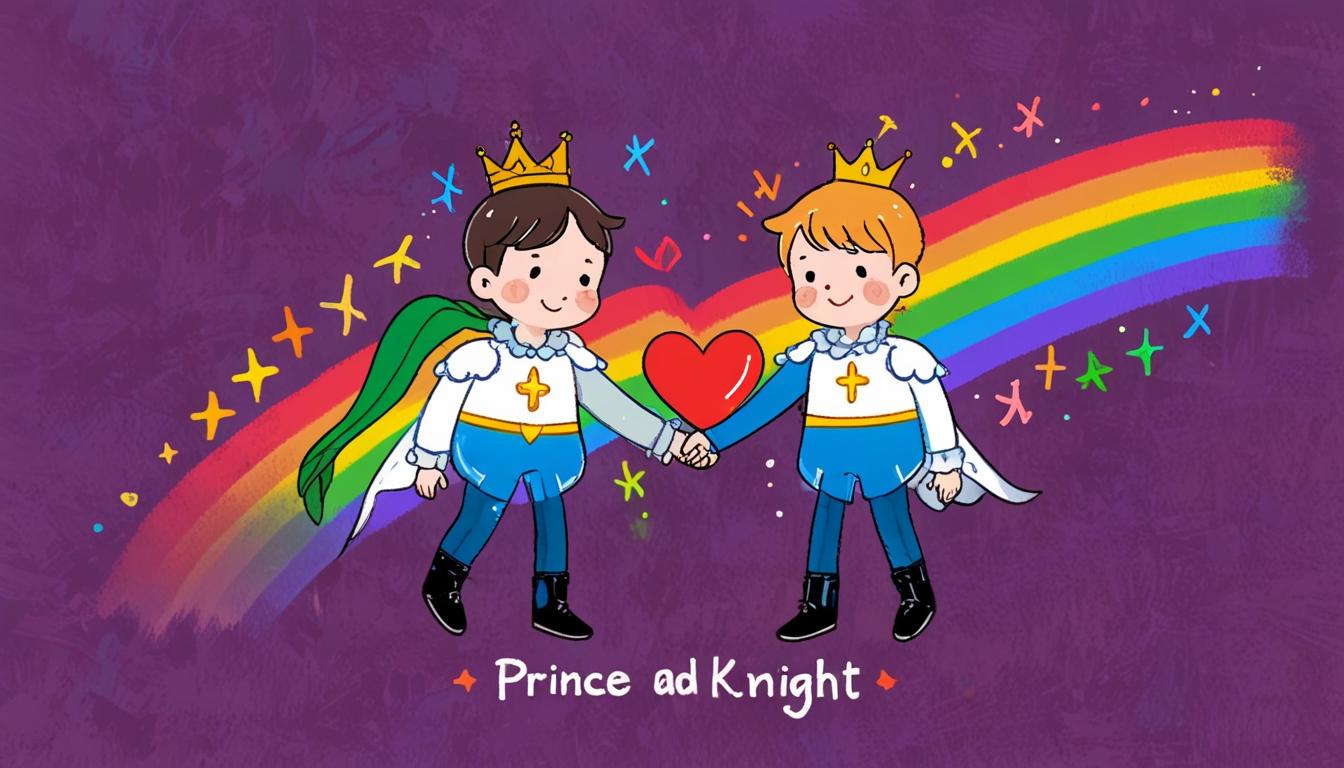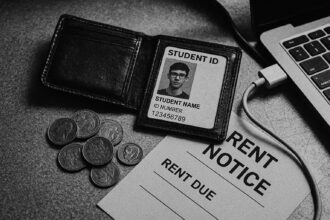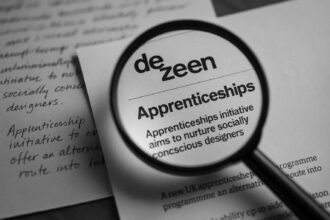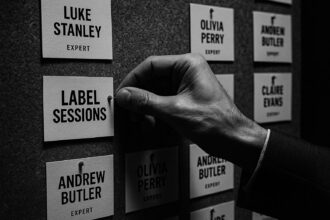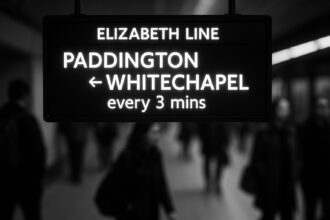The US Supreme Court is set to hear a case from Maryland concerning the inclusion of LGBTQ-themed books in elementary school curricula, sparking a national debate over educational content, religious objections, and censorship policies in public schools.
A controversy over the inclusion of LGBTQ-themed children’s books in a Maryland school district has escalated to the United States Supreme Court, which is set to hear arguments on the matter. The case centres on a set of five books intended for children in kindergarten through fifth grade, including the title “Prince and Knight,” which tells a story of two male characters who form a romantic bond after a heroic rescue.
The dispute originates in Montgomery County, Maryland, where a segment of parents with religious objections sought to withdraw their children from elementary school classes that feature these books. When the Montgomery County Public Schools declined to provide opt-outs, the parents pursued legal action, leading to court rulings so far favouring the school district.
The parents contend that being compelled to participate in lessons containing these storybooks violates their religious beliefs. Billy Moges, a board member of the parents’ advocacy group Kids First, told The Independent, “It’s labeled as a language arts, you know, reading and writing program, but the content of the material is very sexual. It is teaching human sexuality and is confusing kids, and parents are not comfortable having their children exposed to these things at such an early age.” Moges also shared her personal response, having withdrawn her three daughters from the public school system, first homeschooling them before enrolling them in a private Christian school.
The Montgomery County school system, while declining direct comment due to ongoing litigation, countered in court documents that the books do not constitute sex education. Lawyers for the school described the books as stories about characters experiencing everyday adventures and emotions, comparing their thematic content to classic children’s tales such as Snow White and Peter Pan.
Other titles in the contested collection include “Uncle Bobby’s Wedding,” which depicts a child’s concerns about her uncle’s marriage to a man; “Love, Violet,” a story about a girl’s nervousness in giving a valentine to another girl; “Born Ready,” which recounts a transgender boy’s coming out experience; and “Intersection Allies,” featuring characters with diverse backgrounds and identities, including a gender-fluid individual.
The school district selected the books to reflect the diversity of Montgomery County families. Their lawyers emphasised that teachers are prohibited from using these books to coerce students to change or reject their religious views. The initial practice of permitting parents to opt their children out of these lessons was discontinued because it created “unworkably disruptive” situations, according to the school’s legal team.
The controversy is part of a broader national debate over educational materials addressing LGBTQ themes. Pen America, a writers’ advocacy organisation, has highlighted that over 10,000 books were banned across the US school system last year alone. In a court filing, Pen America characterised the parents’ request as effectively “a constitutionally suspect book ban by another name.” Tasslyn Magnusson, senior adviser with Pen America’s Freedom to Read programme, said, “I really hope people read these books. They’re just lovely examples of experiences that kids have in school and they’re perfectly fine storybooks to have as part of an educational curriculum.”
Another book initially part of the curriculum but removed for reasons not publicly explained is “My Rainbow,” co-authored by Delaware state Representative DeShanna Neal and her daughter Trinity. The story relates Trinity’s wish for long hair as a transgender girl and her mother’s creative response, knitting a rainbow wig. Neal, familiar with the removal of her book from libraries in states like Florida, Ohio, and Texas, remarked, “School is a place to learn about why the world is different and how it’s different. What I had hoped would come out of this book was, listen to your children. They know their own bodies.”
The Supreme Court’s decision on this case, amidst a bench with conservative justices who have recently supported religious discrimination claims, may have significant implications for the handling of LGBTQ content in public school curricula nationwide.
Source: Noah Wire Services
- https://www.scotusblog.com/2025/01/justices-take-up-maryland-parents-challenge-to-lgbtq-books-in-schools/ – This article confirms that the U.S. Supreme Court agreed to hear a case involving Maryland parents challenging the mandatory inclusion of LGBTQ-themed storybooks in school curricula, focusing on issues of religious freedom and educational content.
- https://www.cbsnews.com/news/supreme-court-maryland-parents-lgbtq-books/ – This source provides background on the Montgomery County, Maryland school board’s decision to end opt-out options for parents regarding LGBTQ-themed storybook lessons, detailing the school district’s rationale and the nature of the books involved.
- https://www.nytimes.com/2025/01/17/us/politics/supreme-court-lgbtq-books-school.html – This New York Times report discusses the controversy over LGBTQ-themed children’s books including titles such as ‘Prince and Knight’ and others, highlighting the parents’ objections based on religious beliefs and the school district’s defense.
- https://pen.org/press-release/pen-america-on-book-bans-in-schools/ – This Pen America press release documents the wider national context of LGBTQ book bans in U.S. schools and endorses the educational and literary value of such books, supporting the claim about over 10,000 books being banned nationwide and criticizing these bans as constitutionally questionable.
- https://www.washingtonpost.com/education/2025/01/21/montgomery-county-lgbtq-books-free-speech/ – This Washington Post article provides details about the specific LGBTQ-themed books included in Montgomery County Public Schools’ curriculum, the removal of opt-outs, and the school district’s emphasis on representing family diversity without coercion.
Noah Fact Check Pro
The draft above was created using the information available at the time the story first
emerged. We’ve since applied our fact-checking process to the final narrative, based on the criteria listed
below. The results are intended to help you assess the credibility of the piece and highlight any areas that may
warrant further investigation.
Freshness check
Score:
8
Notes:
The narrative appears to be current, focusing on ongoing legal proceedings involving the US Supreme Court and LGBTQ-themed books. However, specific recent developments or updates are not fully detailed.
Quotes check
Score:
6
Notes:
Quotes are directly attributed to individuals like Billy Moges and Tasslyn Magnusson, but the earliest known sources for these quotes could not be confirmed. They appear to be original to this context or not widely reported previously.
Source reliability
Score:
9
Notes:
The narrative originates from The Independent, a reputable news outlet known for its in-depth reporting.
Plausability check
Score:
8
Notes:
The claims align with current societal debates on LGBTQ+ content in schools and are plausible given the broader national discussions on this topic. However, some details lack specific evidence.
Overall assessment
Verdict (FAIL, OPEN, PASS): PASS
Confidence (LOW, MEDIUM, HIGH): HIGH
Summary:
The narrative generally appears reliable due to its origin from a reputable publication and the plausibility of the claims. While some aspects of the story could benefit from more up-to-date information or further verification of quotes, overall, it presents a coherent account of current legal and social issues.


